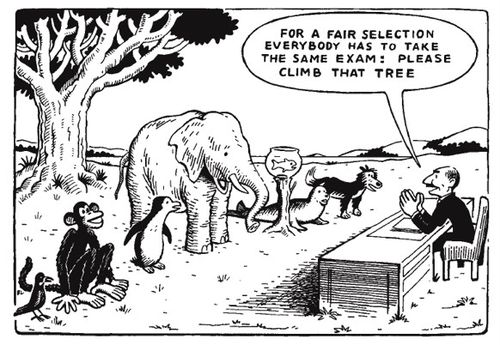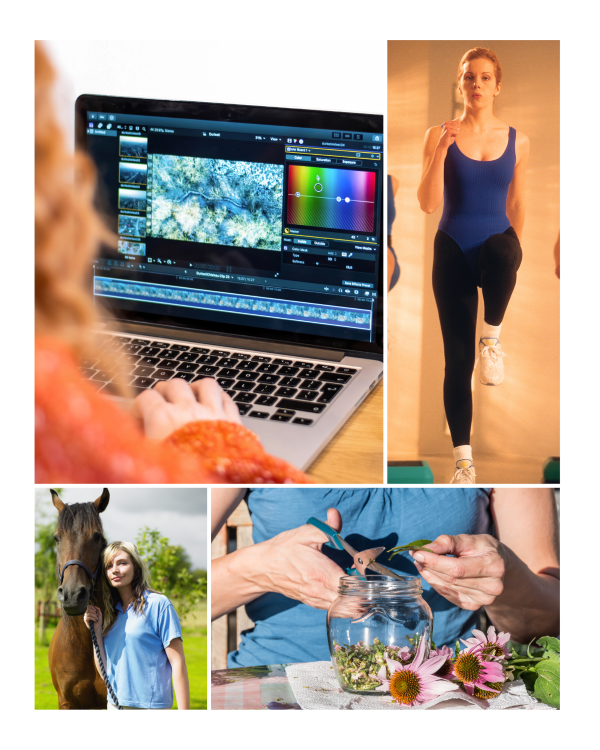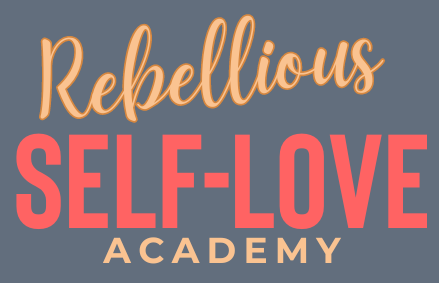The four autonomy assets
Jan 1
/
Lisanne van Swigchem
If we want to be free, we need a sense of autonomy, the ability to be independent and make our own choices.
Many people struggle to gain autonomy. This is because much in our society works against autonomy and freedom.
Here are four autonomy assets. How we lose them and how we get them back.
The four autonomy assets
1. Setting boundaries
Setting boundaries means being able to say no to activities or people. If in our formative years we were not allowed to say yes and no, if other people imposed their will on us, it will be harder to maintain our boundaries. It will be harder to make a firm "no" statement, that can withstand pressure.
We develop boundaries when we begin to feel what we want, take our needs seriously, and acknowledge our right to say no.
We develop boundaries when we begin to feel what we want, take our needs seriously, and acknowledge our right to say no.

2. A strong sense of identity
2. A strong sense of identity
A strong sense of identity means that what we believe, feel, do, and value are in harmony. This leads to authenticity.
Children have basic needs such as to be loved, to be cared for, to be seen and respected, to be safe. These needs are not always met.
When we are emotionally hurt as a child, and we cannot process this, we hide our pain from ourselves. We cut ourselves off from the pain. Beautiful, vulnerable aspects of ourselves may become less accessible.
Children have basic needs such as to be loved, to be cared for, to be seen and respected, to be safe. These needs are not always met.
When we are emotionally hurt as a child, and we cannot process this, we hide our pain from ourselves. We cut ourselves off from the pain. Beautiful, vulnerable aspects of ourselves may become less accessible.

We may adapt to others by displaying characteristics that are acceptable to them. We wear a mask, sometimes without realizing it. As a result, we don't know who we are. We feel disconnected from ourselves.
It's possible to reverse this if we want to. We can access the beautiful "lost" parts of ourselves because they are not really lost. This gives us a strong sense of identity.
3. The independence of approval
We like to be liked and to be told that we are good. A strong need for approval from others comes from a lack of self-love and self-worth. And that may come from a lack of unconditional love and appreciation received at a young age. We received some sort of love when we showed the right behavior.
Through a repetitive process of punishment and reward, we are conditioned to behave in ways that others value. Ways that can be beneficial to us, or to them, or to both.

We become more independent when we begin to love and value ourselves.

4. Knowing our talents and passions
The mainstream education system does not value individual talents and passions. Every child has to go through the "french fry cutter" of standardized lessons and tests. As a result, many people don't know their natural talents and passions.

However, it's never too late to discover our passions and natural talents. Then we are better able to make life choices that resonate with us and bring us joy. And we create abundance more easily while avoiding wage slavery.

The subconscious mind heals
We don't need to go back to those years and those experiences in order to heal. Although remembering consciously can give us insights, the subconscious mind can help us heal.
Gaining autonomy involves letting go of subconscious programs that block our autonomy. And developing some beneficial ones that give us freedom.
The subconscious mind remembers all disempowering events and it can negate the effects of these events quickly and easily. Without us bothering about the memories. Techniques from energy psychology and auto-suggestion are designed to do this.
Get in touch
-
Rebellious Self-Love Academy
www.selflove.nu -
selflove.nu@proton.me
info@selflove.nu
Online courses for women
A mindset for living freely
A mindset for living freely

